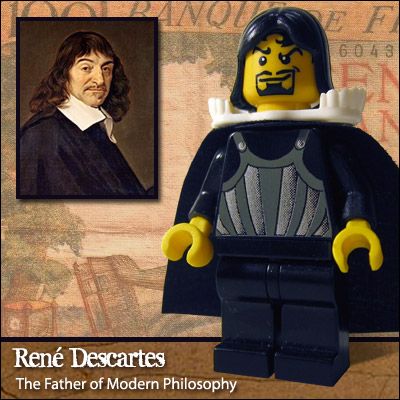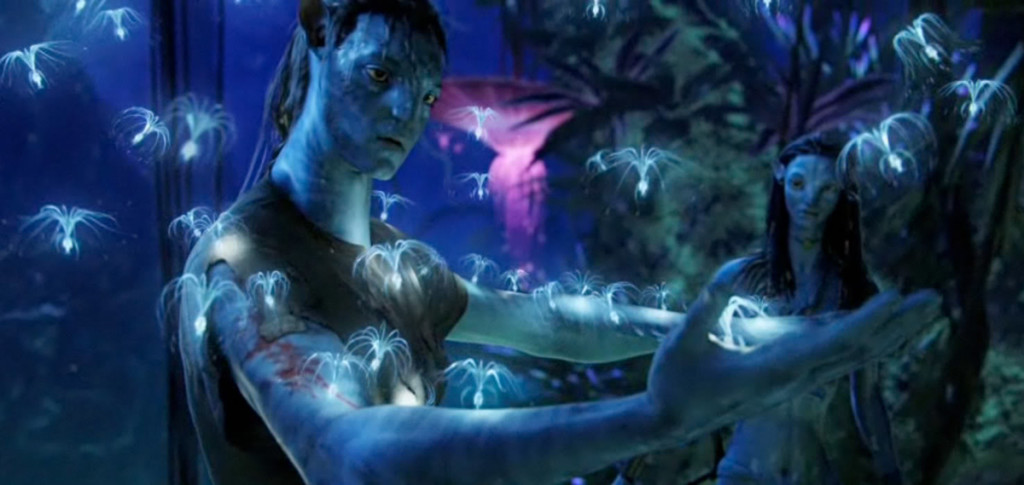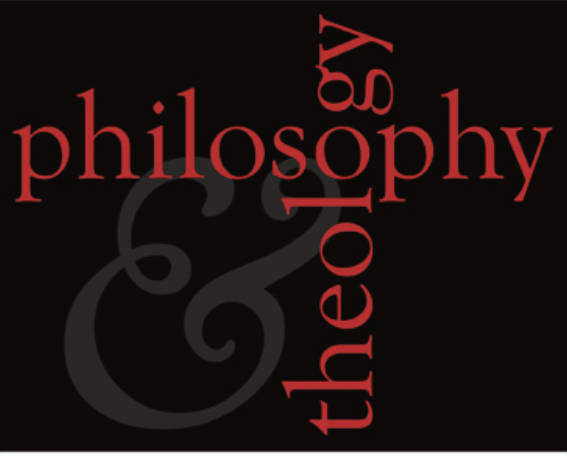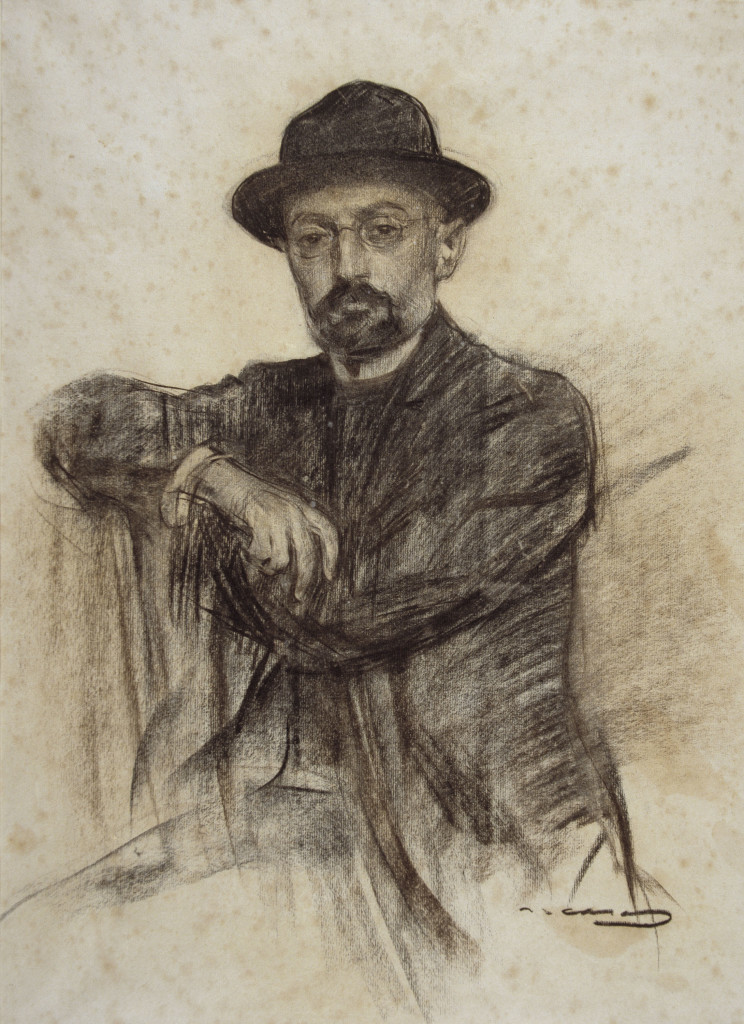Please read this first part, or this will not make much sense!
Firstly, if the objective of this venture is to identify what constitutes the essence of a thinking thing (the proofs that come after this has been established), Descartes’ narrow definition removes vital elements from thought.

Imagine Descartes shut in his room and attempting to find out what is “clear and distinct”. These things, for him, are the only things that can be truly known, plain and simple. However, this idea came about as the result of his own thought. Descartes may want to remove creativity from imagination, but where do original creations derive from in the mind? They are certainly not knowledge, which can be considered true or false, nor can they be understood as pure perception. They are not beliefs, nor could they be said to be part of understanding. Thus, how does a mind create new things and ideas? If it is not the imagination, it is difficult to determine what faculty of pure thought actually creates things. If imagination is purely material, that means the creation of new ideas must reside within the understanding, a counter-intuitive definition.
Secondly, this points out that Descartes’ criteria for clear and distinct ideas is, in itself, not very clear nor distinct. Where does a person place a mental faculty like “discovery”, for example, in the faculties of the mind? Is it simply an image, or does that work within perception and knowledge as well? Carefully observed, discovery works within both the imagination and the understanding simultaneously, as a person makes both a picture and records something newly found as true or false. The lines between these two faculties are not at all clear and distinct; they blur and overlap.
From a more practical standpoint, Descartes’ imagination cannot be a benefit to his idea of individual souls either. Part of who a person is and can become derive from imagination, or in fact a broader conception of imagination removed from scholasticism which includes “personality”. In social situations, one does not assault another person with every aspect of their being; certain information is withheld or is never mentioned to a friend. A certain image, or personality, can be created in such a way that who a person truly is may not correlate to their outward reputation. Thus, to a degree, people have the ability to determine their own preferences and ideas, as well as how other people perceive them in social situations – if this is not what personality is, the definition here is skewed.
Descartes, instead, has abstracted personality away without imagination. Without the personality, one can derive two conclusions. First, God, as a thinking thing, does not have a personality. In Christianity, humans are created in the image of God – this includes material and immaterial characteristics, and thus includes a personality. Thus, Descartes’ God is an abstract mind that is not a person. This is all well and good from a philosophical perspective, and perfectly sound in logic, but as for correlating with Christian doctrine it falls flat. That his works were treated with disdain by the Catholic Church seems to be no surprise.
However, the greater problem lies in this second conclusion: if you are just a thinking thing, then all thinking things are the same. Thus, there are no individual persons nor individual souls; they are all one and the same thinking thing. If all thinking things are the same, they must naturally be made of the same substance. Ergo, if all thinking things are the same, than there are no individual souls and therefore the immortality of the soul is nonsensical within Descartes’ proof. The Christian side of Descartes, if these conclusions are followed to their rational end, finds himself in Spinozan pantheist territory, and that is certainly not where Descartes wanted to find himself.

When a thinking thing is no longer a person, this is where the problem lies. One can see that the imaginatio of Descartes relies on sense perception, but this in turn also brings another key concept of human life: experience. Image-making involves not only the creation of imaginary beasts or simple construction, but memory as well. Certainly, memories are not generally clear and distinct by any definition, but they are an essential part of what makes a human being a person rather than merely a body that moves mechanistically (hence, all humans would be Cartesian animals as thinking things – an undesirable conclusion). Without such a faculty, a thinking thing is not a person.
This is exactly the move that brings Descartes’ flaws to the forefront, at the very least from a theological perspective. His God is the “God of Philosophy” and nothing more. This is no particular problem for the purposes of proofs; in fact, this ambiguous conception of God can fit in any way that Descartes wishes. Descartes unintentionally makes God into the “ground for Being itself”, rather than a personality. By stripping personality out of thought, it makes proving the existence of God and the soul much easier since experience, personality and the like can be declared unreliable. However, in trying to affirm his own immortal soul as a Christian, Descartes makes God into a God of numbers and logic rather than a personal God that is basic Christian doctrine. That is the greatest problem with Descartes – as a Christian, he has moved beyond the realm of theology.

Instead, Descartes intends to give a rational soul that strips humans of their individuality, their personality, experiences, and most importantly, feeling. Feeling, as much as humanity may want to deny it, plays an integral part in both motivations and decisions. Sympathy for those in need, anger towards injustice, excitement towards things people enjoy – these are all essential experiences. Even in Descartes’ experiment, his thought experiments are tinged with emotions and those are impossible to escape. One can see that Descartes had his own doubts and desires in discussing theology:
I revered our theology, and I desired as much as anyone else to reach heaven; but having learned as something very certain that the road to heaven is open no less to the most ignorant than to the most learned, and that the revealed truths guiding us there are beyond our understanding, I would not have dared to submit them to the frailty of my reasonings. And I thought that, in order to undertake an examination of these truths and to succeed in doing so, it would be necessary to have some extraordinary assistance from heaven and to be more than a man.
Descartes does not use those words simply because they are simply social constructs – he actually feels these emotions towards theology. What becomes obvious here is Descartes’ existence as a unique person, not just an abstract thinking thing. Try as he might, even with his retreat into solitude to write the Meditations, he remains a person and not simply a thinking thing. Rationality alone is simply not how human beings function in both life and thought.
To display this in another fashion, how can one think absent of experience? Descartes must write these “pure thoughts” in Latin whilst he thinks in French – already, the proofs have been tainted by human language. Even if he did have the “ultimate proof”, it would be impossible to convey with the rest of the world in its full glory; getting from the intellect to speech muddles what otherwise could be considered “perfection.” To understand a thinking thing in itself, or even to explicate its identity and aspects fully, would require a jump outside the limits of logic and rationality – for a human in a finite shell, such a conception must be incorrect at best.
From a Christian perspective, God wants humans to think within these bodies, think within this experience, and only within these terms. Outside of this body, one cannot explicate the way in which pure thought actually exists because it remains impossible to perceive without these ideas. At this juncture, it remains exceedingly clear that Descartes’ flaw lies in his continual abstractions – to reaffirm the imagination as an essential component of human thought is exceedingly necessary in light of these facts.
Miguel de Unamuno, a Spanish philosopher of the 20th century, implores Descartes to reaffirm his humanity and remove his proofs from the realm of abstraction stated in his book The Tragic Sense of Life:
The truth is sum, ergo cogito – I am, therefore I think, although not everything that is thinks. Is not consciousness of thinking above all consciousness of being? Is pure thought possible, without consciousness of self, without personality? Can there exist pure knowledge without feeling, without that species of materiality which feeling lends to it? Do we not perhaps feel thought, and do we not feel ourselves in the act of knowing and willing?
Unamuno also states, perhaps most incisively, that
All the efforts to substantivate consciousness…are but sophistical subtleties intended to establish the rationality of faith in the immortality of the soul. It is sought to give the value of objective reality to that which does not possess it – to that whose reality exists only in thought.
Thus, although Descartes attempted, quite rationally, to prove the existence of God and the immortality of the soul, he has had to give up much to get to that objective. This is not to say that a reformulation of the Meditations would not prove fruitful – it is simply that scholasticism regards imagination as simply image-making without taking such a charge to its logical conclusion. Descartes is not a total rationalist, as far as can be deduced here; however, if he wishes to keep his Christian faith as well as these proofs, he must account for the imagination or risk becoming Spinoza.
So what of all this? How do we properly understand Christianity in light of human imagination?

